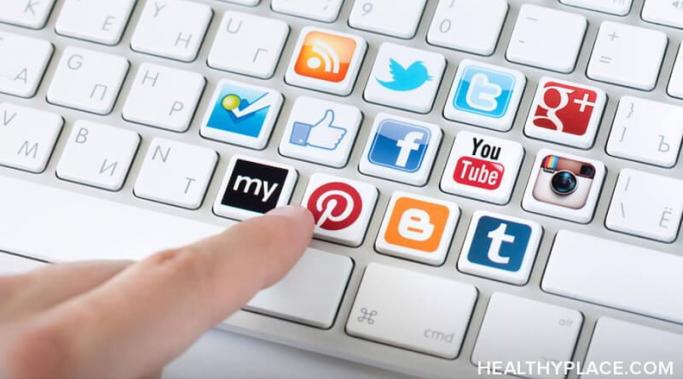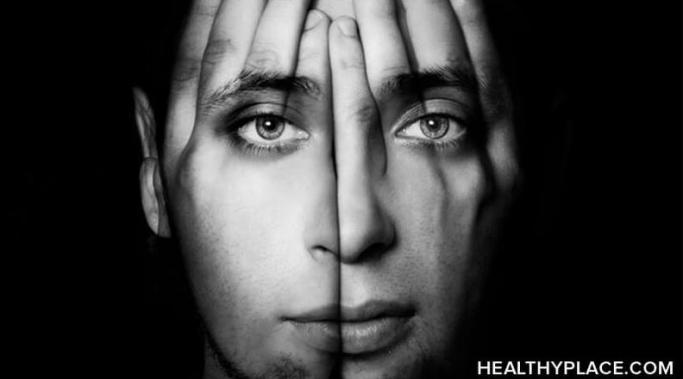Blogs
Some mothers find their prescription anti-depressants so beneficial to their life that they begin to fear going off of them, then they fear they have become dependent. It is a dilemma common to many people who use medication to aleviate their depression.
"It’s not so much what you wear out that matters most but who." Taz Mopula
How many times have you found yourself in this all-too-familiar predicament? You’re handcuffed and sitting in the back of a police car, on your way to yet another mental hospital, rehab or county lock-up. As thoughts cascade through your cattywhumpus consciousness like an unruly herd of Slinkies descending a dark, dilapidated staircase, you inadvertently spot your own reflection in the rear view mirror and stop to consider your attire.
I hate having bipolar disorder. It's my least favorite thing about me. For all the talents I have developed, possibly in part, due to bipolar disorder, I would give those up in a moment to simply not be sick.
But I did realize something about bipolar disorder - just surviving it is an achievement. And if I can survive bipolar disorder then I can do anything.
Do you find you and your ADHD noggin leaping out of bed at all hours of the night to work on something you left unfinished or suddenly remembered? Or perhaps you race out of bed every time you come up with a new idea that ABSOLUTELY MUST BE BROUGHT TO LIFE THAT VERY SECOND. If so, today's article is just for you.
I am a devout Mennonite. On Sunday, we sang the hymn Will You Come and Follow Me? A line stood out to me--"Will you love the 'you' you hide if I but call your name?" It reminded me that in order for borderline personality disorder (BPD) treatment to be effective, we have to do just that--we with borderline need self-acceptance to heal.
Last week was certainly eventful. After Monday's outburst that led to a call from school, Bob was under strict orders to...well, just try to get through the day without any drama. He did relatively well, presumably because a school skate night at the roller rink was at stake. Or so it seemed.
How do you make a relationship work when you have mental health issues? It's a big question and I've learned some important things via my own experiences throughout the years since being diagnosed with Borderline Personality Disorder.
The first tip I'd like to share is: make sure your partner is well educated about your mental health condition. Do not expect them to understand your symptoms or what you're going through. Keep in mind, most people do not have a good working understanding of mental illness.
What is the process by which someone becomes an abuse victim? What part do abuse victims play in the abusive cycle?
Those questions leave me wanting an easy answer so I can wrap up my abusive experience in a neat little package and set it away in an attic where it would slowly disintegrate in the musty air. Unfortunately, the easy answers elude me. Easy or not, here is a part of my theory about how people become abuse victims in the first place:
We covered suicide prevention last week and the efforts of one organization to reach out to communities across the nation to save lives. But is there anything you can do as an individual to help others deal with their suicide crisis?
Over the years I've heard many people advise dropping the word 'disorder' from dissociative identity disorder, citing
A) dissociation as a normal response to trauma, and
B) honoring subjective experiences as the primary reasons that it’s not helpful.
But the degree to which something is normal really has nothing to do with whether or not it’s a disorder. Disorders are referred to as disorders not because they're abnormal, but because they actively, regularly, and severely disrupt people's lives to such an extent that their ability to function is notably, even dangerously, compromised. And labeling a particular set of psychiatric symptoms with a particular psychiatric diagnosis is no more a call to ignore individual experience than it is to use labels like diabetes, hyperthyroidism, or influenza.







